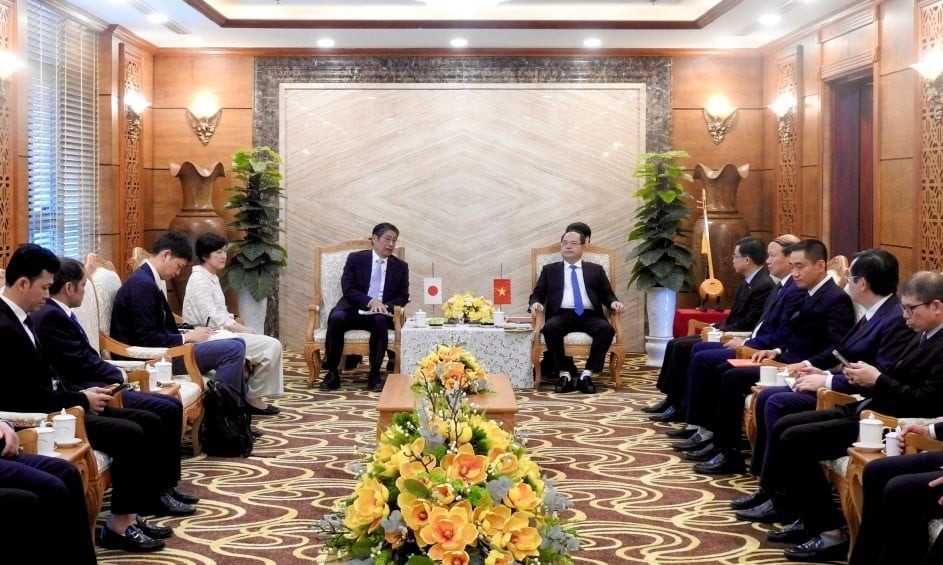A Look At Top Candidates Running For Japanese Prime Minister
Apart from the economy, the new leader will also have to balance relations with the U.S., Japan’s sole treaty ally, and China, its biggest trading partner, as the two powers are at loggerheads on various issues.
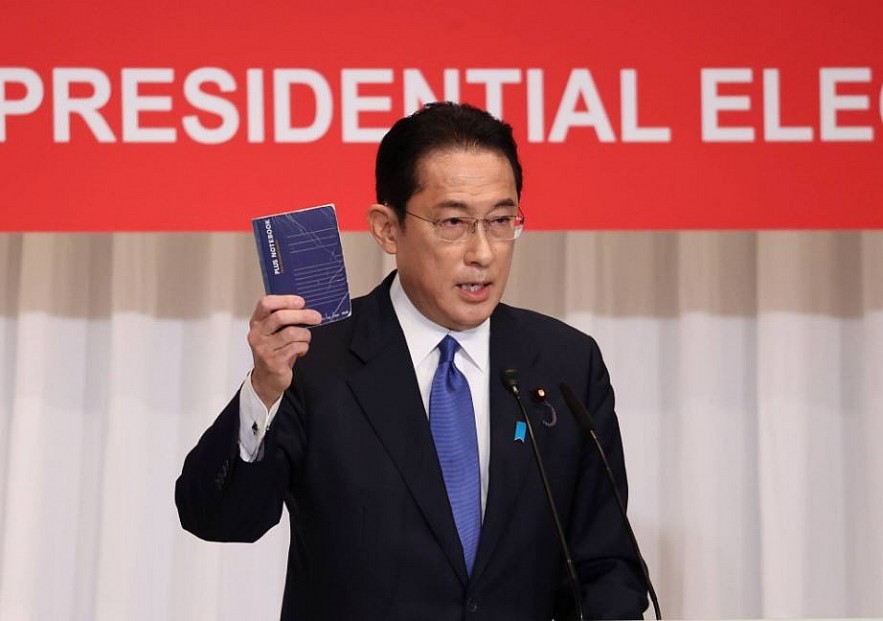 |
| Fumio Kishida (Photo: The Japan Times) |
Fumio Kishida, 64, former foreign minister
Having long been seen as a potential successor to Japan's longest-serving Prime Minister Shinzo Abe, former Foreign Minister Fumio Kishida won the presidency of the ruling Liberal Democratic Party in his second bid for the party leadership. As foreign minister, Kishida helped realize a historic 2016 visit by U.S. President Barack Obama to the atomic-bombed Hiroshima, his constituency, and struck an agreement with South Korea in 2015 to resolve "finally and irreversibly" the issue of comfort women, according to Mainichi.
Fumio Kishida's policies include:
Stimulus package: Says tens of trillions of yen must be spent immediately, without being more specific
Monetary: Retains easing and the 2% inflation target
Energy: Backs restarting idled nuclear reactors to help achieve net-zero carbon emissions goal by 2050
China: Accused Beijing in a YouTube discussion this month of wanting to export “its authoritarian system around the world” and said Japan needed to stand up for “universal values.” Also has said Taiwan would be the “next big problem” facing the government
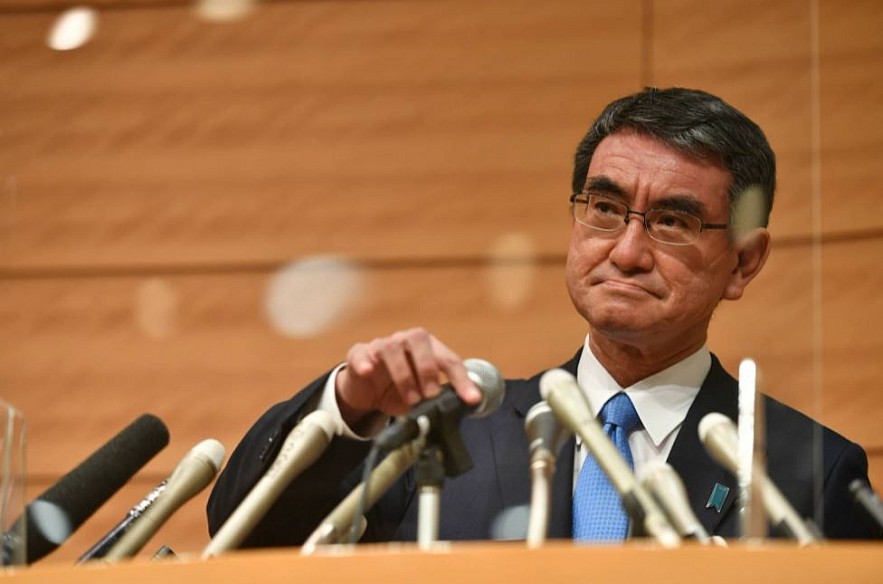 |
| Taro Kono (Photo: The Japan Times) |
Taro Kono, 58, administrative reform minister
Taro Kono was born on 10 January 1963, in Hiratsuka, Kanagawa. In 1982, he went to the United States, where he attended Georgetown University. Kono has previously served as foreign and defense ministers and his fluency in English would be a stark contrast to Suga and almost every other Japanese premier who has shown limited proficiency in the language, according to Bloomberg.
Kono has been the top choice among the public to be the next premier, which could help the LDP as it faces a national election just weeks after picking its new leader. His policies include:
Stimulus package: Supports emergency spending, but has given no estimate on the amount, saying content more important than size
Monetary: Inflation target of 2% difficult to hit. Growth spurs inflation, not the other way around. Previously called on the Bank of Japan to map out an exit from aggressive easing
Energy: Partially backtracked on opposition to nuclear power, saying it’s realistic to restart nuclear plants if safety can be confirmed as a part of moves to achieve the country’s climate goals
China: Concerned about Beijing’s rise and has said Japan should join the “Five Eyes” intelligence grouping among Australia, Canada, New Zealand, the U.K., and the U.S.
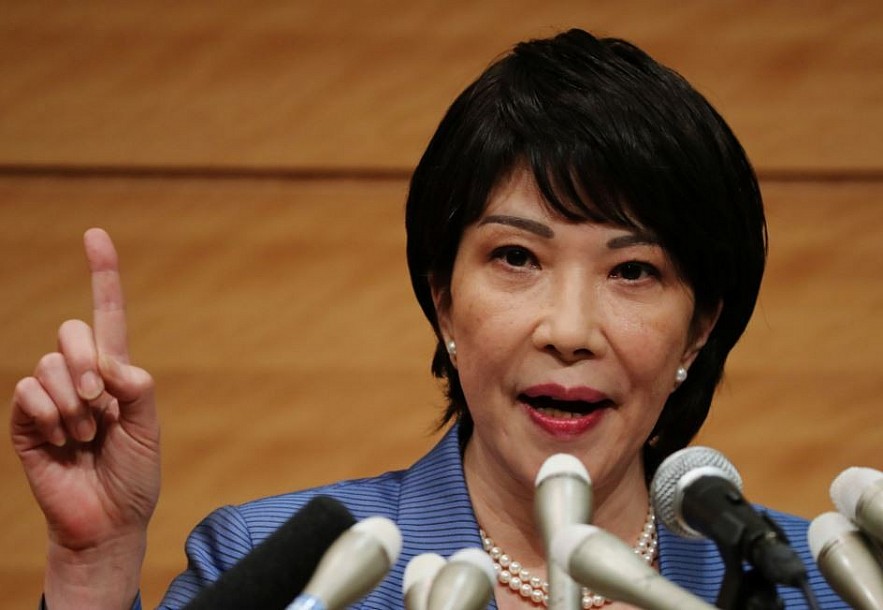 |
| Sanae Takaichi (Photo: Reuters) |
Sanae Takaichi, 60, former internal affairs minister
The 60-year-old senior lawmaker, aiming to become the country's first female prime minister, has faced criticism in the past from China and South Korea for her frequent visits to the Yasukuni shrine, a war-linked shrine in Tokyo seen by the neighboring countries as a symbol of Japan's past militarism. Takaichi, known for her close ties with former Prime Minister Shinzo Abe, has advocated amending the Constitution so Japan can possess "national defense forces," according to Kyodo News.
After winning her first seat as a House of Representatives member in 1993, Takaichi joined the now-defunct New Frontier Party, later switching to the LDP.
As cited by Bloomberg, Sanae Takaichi backs these following policies:
Stimulus package: Supports nimble, decisive spending during a crisis, without giving a figure. Considers extra bond issuance fine
Monetary: Prioritizes the 2% inflation target over the primary budget balance
Energy: In favor of nuclear power and concerned about the problems of solar power, such as the difficulty of recycling panels
China: Backs having the U.S. bring intermediate-range missiles to its U.S. bases in Japan, despite Beijing having said any country accepting such a deployment would face retaliation
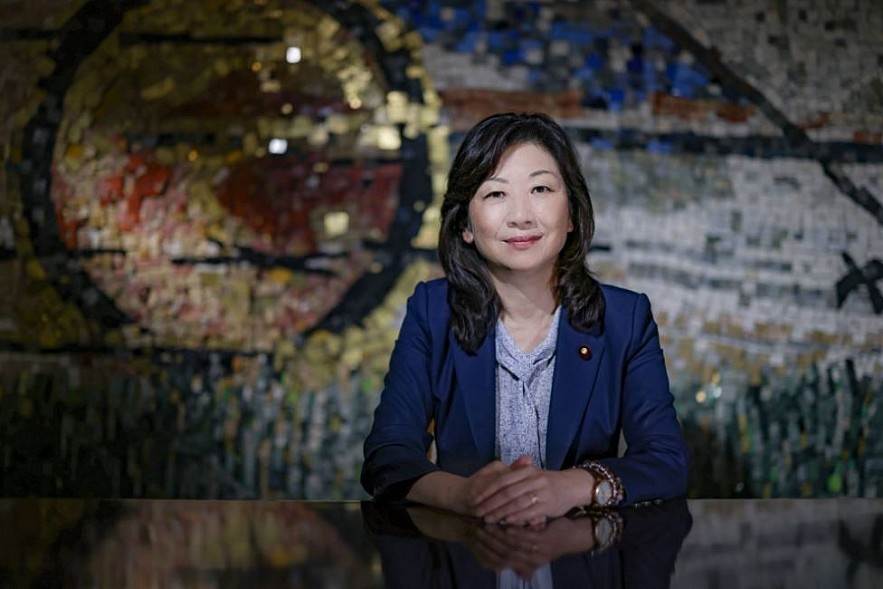 |
| Seiko Noda (Photo: The Japan Times) |
Seiko Noda, 61, former internal affairs minister
Seiko Noda, the executive acting secretary-general of the ruling Liberal Democratic Party, is known as a strong-willed lawmaker who has professed determination to become the first female prime minister of Japan, according to Kyodo News.
Noda, 61, was among the LDP lawmakers who pushed for insurance coverage of fertility treatment and other support. She gave birth to a boy at the age of 50 in 2011 through in vitro fertilization using a donated egg in the United States. A graduate of Sophia University and granddaughter of a former construction minister, she has served as the minister of internal affairs and communications as well as consumer affairs minister, among other roles.
Seiko Noda's policies are described as:
- Wants to provide a flat-rate handout to all working people
- Favors cutting the number of seats in parliament
- Supports Taiwan’s entry into the Comprehensive and Progressive Agreement for Trans-Pacific Partnership
| Earlier this month, Japanese Prime Minister Yoshihide Suga said he would not run in his party's leadership election, effectively ceding the premiership and opening the race to other candidates after a turbulent term of less than a year. None of the four candidates for the leadership - Kishida, Kono, internal affairs minister Sanae Takaichi and House of Representatives member Seiko Noda - received a majority in the initial vote, according to CNN. Fumio Kishida is set to become Japan’s prime minister after winning the ruling Liberal Democratic party’s presidential election in a runoff against the vaccination minister, Taro Kono. Kishida won 257 runoff votes, while Kono got 170. The LDP-led coalition holds a majority in both chambers of parliament, meaning Kishida is practically assured of the prime ministership at an extraordinary parliamentary session on Monday. Two female candidates, Sanae Takaichi, a former communications minister, and Seiko Noda, the LDP executive acting secretary-general, lost out in the four-way race in the first round of voting earlier on Wednesday. |
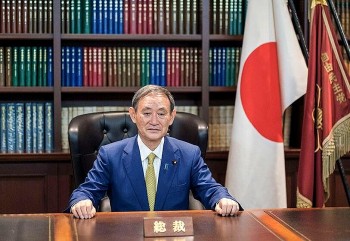 | Prime Minister of Japan Yoshihide Suga: Biography, Early Life, Career and Facts Yoshihide Suga, who was elected Japan's prime minister by parliament in Sept, 2020, has kept a low profile for much of his career. Below, we ... |
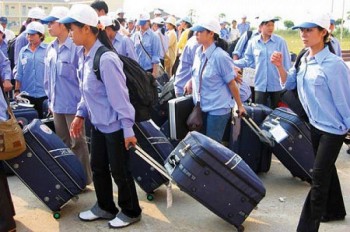 | Japan, UNFPA Support Guest Workers Returning Home Due to Covid This is one of the contents of the project "Mitigating the negative impacts of Covid-19 on vulnerable population groups - Ensuring National Progress to Achieve ... |
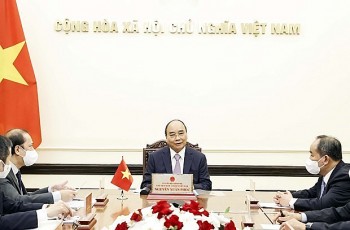 | Vietnam to Continue to Support Japanese Firms Maintain Supply Chains President Nguyen Xuan Phuc held phone talks with Japanese Prime Minister Suga Yoshihide on Sep.15, stressing that Vietnam will continue to accompany Japanese firms doing ... |
Recommended
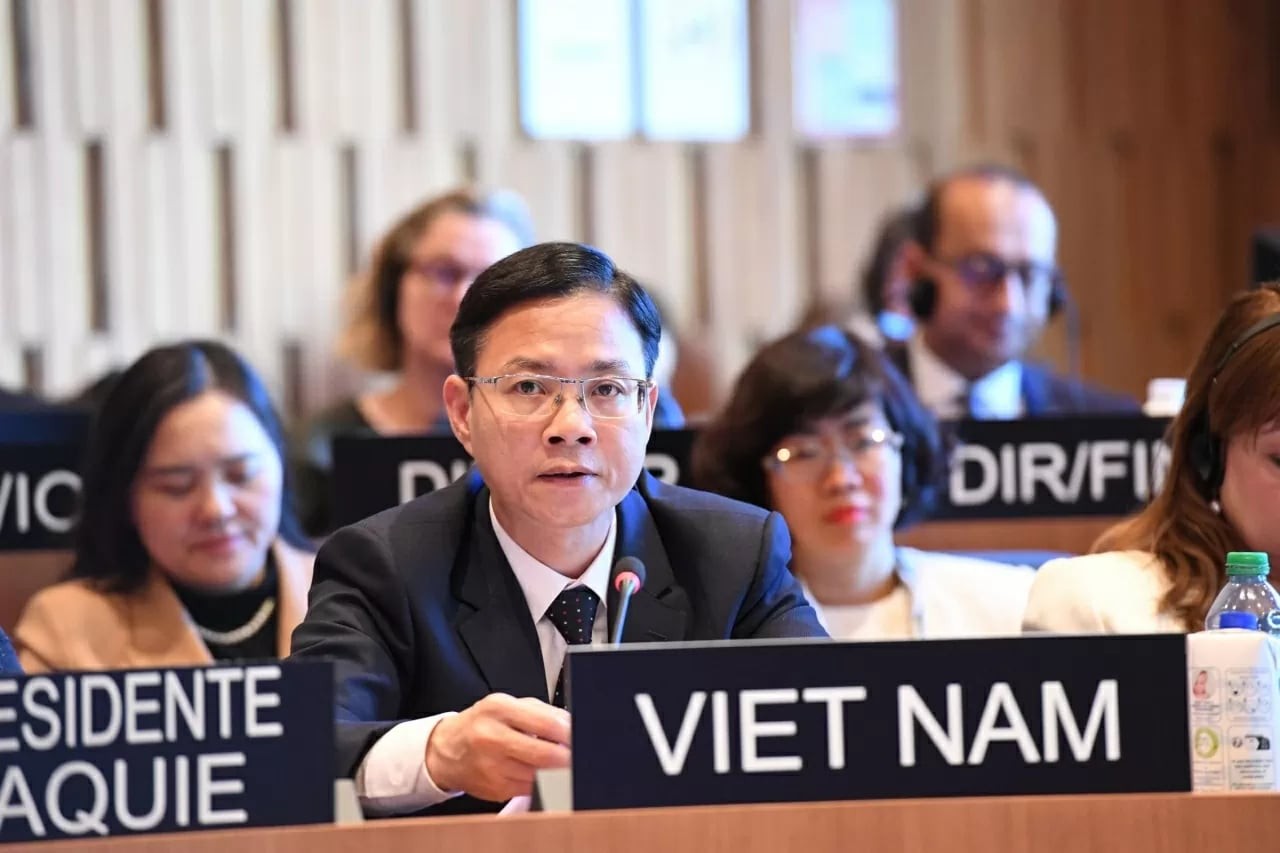 World
World
Vietnam Affirms Its Active and Responsible Role at UNESCO
 World
World
US Imposes 125% Tariff on China, Pauses Tariffs for 90 Days on Over 75 Countries
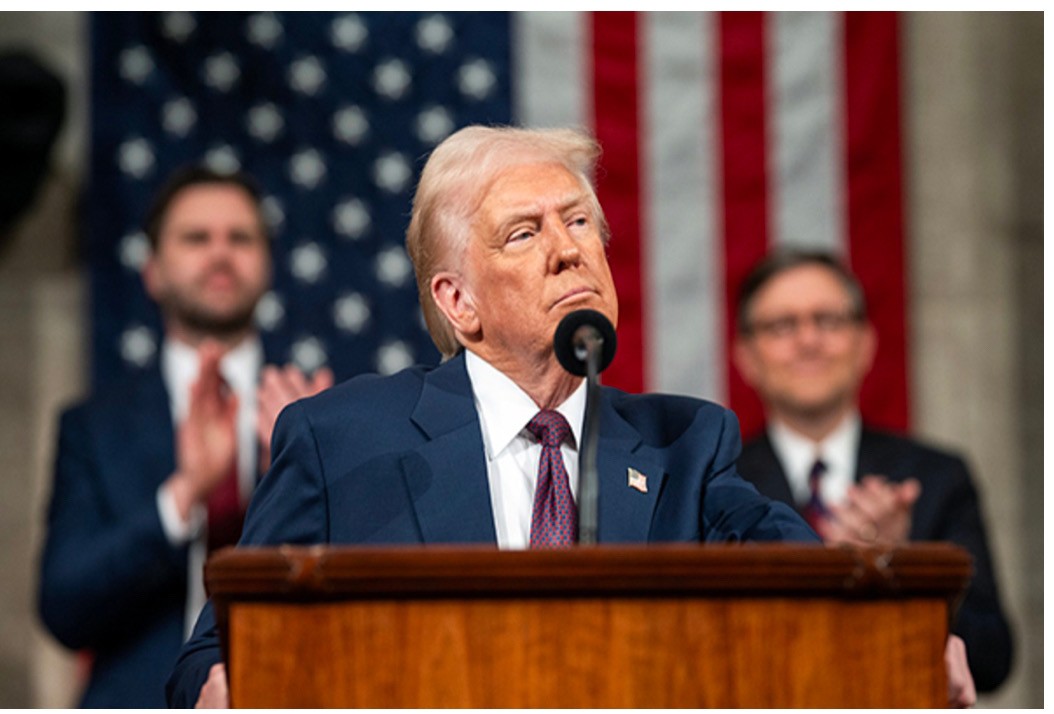 World
World
"Massive financial deficits with China, EU can only be cured with tariffs": Donald Trump
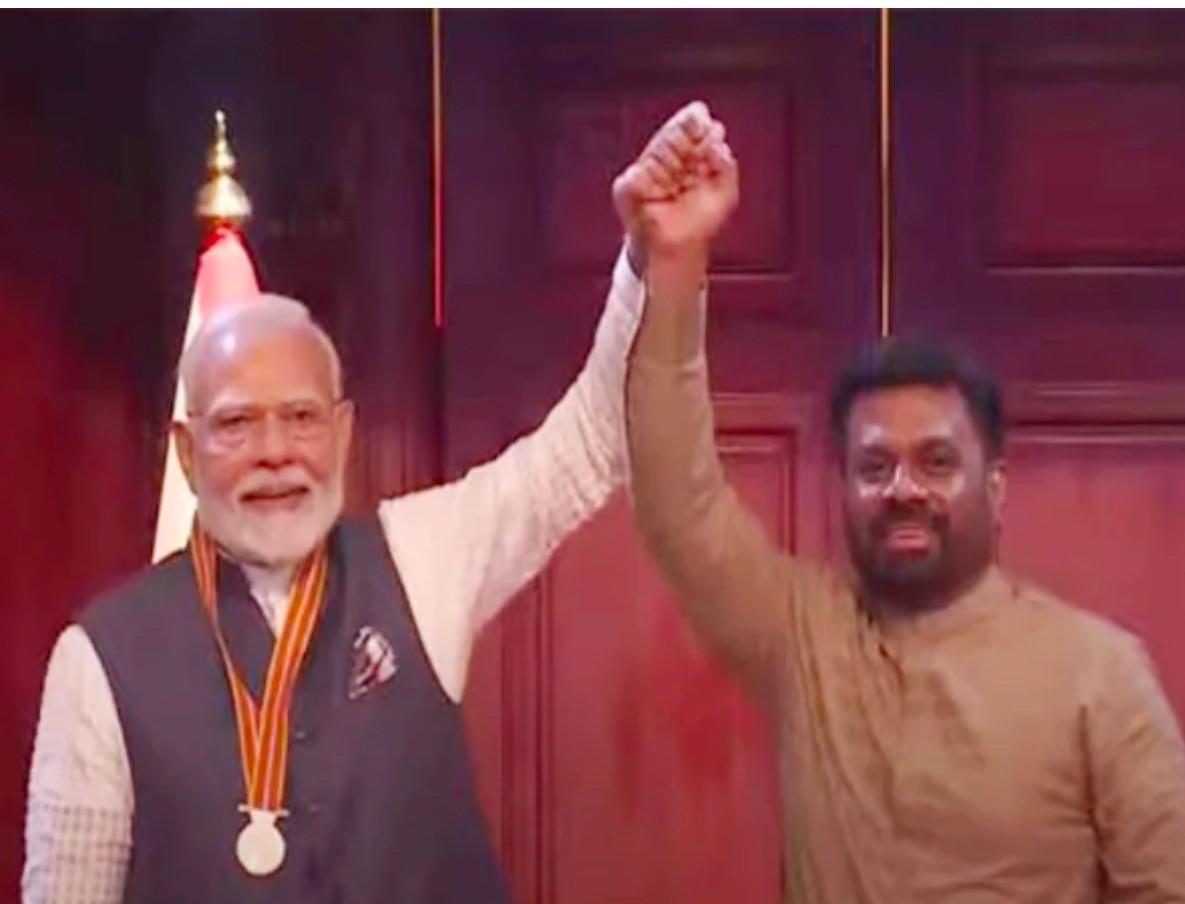 World
World
Modi’s Sri Lanka Visit: A Diplomatic Triumph Amid Regional Tensions
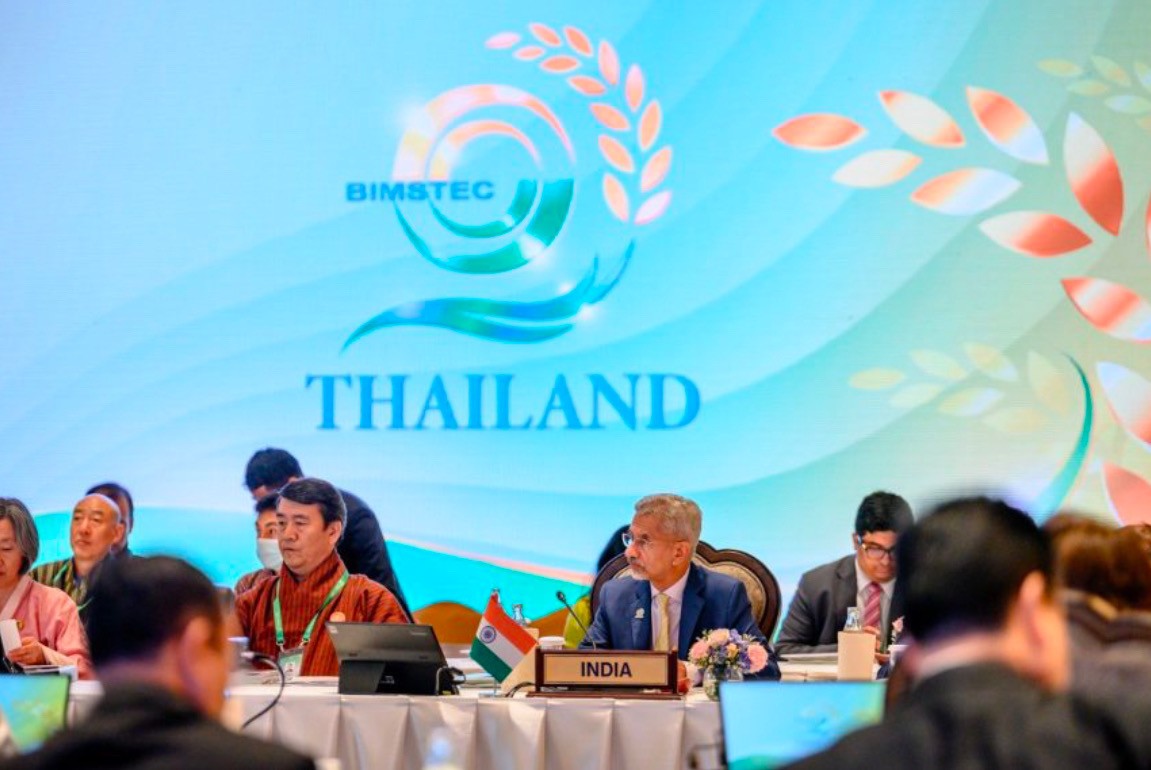 World
World
BIMSTEC Summit 2025: India’s Visionary Leadership Paves the Way for Regional Integration
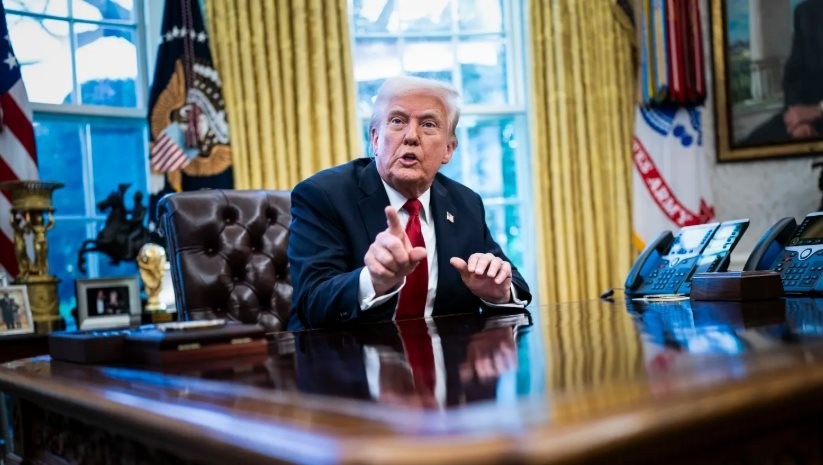 World
World
US President Donald Trump: Reciprocal Tariffs Will Target All Countries
 World
World
Negotiation Over Confrontation: Countries Taking Cautious Approach to US Tariffs
 World
World

